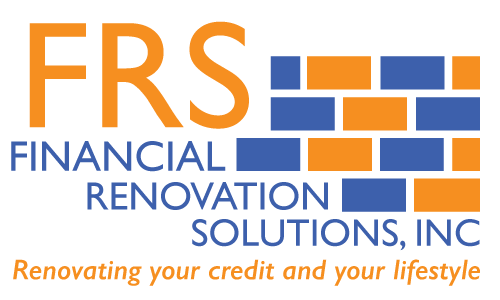July 9, 2020
Shawn Lane
Consumer Credit Expert
Dealing with multiple sources of debt is like juggling chainsaws.
If you’re really good at it, you might be able to avoid getting hurt. If you’re really bad at it, you probably won’t get very far without incident. Either way, you’re one mistake away from disaster.
So why not combine your debts into one, easily-manageable package?
That’s the idea behind debt consolidation. Here’s what you should know about how it works and what to look out for.
What is Debt Consolidation?
Debt consolidation is a process that combines multiple debts into one line of credit in order to decrease the interest rate, lower the monthly payment or just simplify the repayment process.
There are two main ways to consolidate debt. The first is to take out a personal loan from a bank or credit union and use those funds to pay off medical debt, payday loans, title loans, credit cards, or any other outstanding debts. The repayment term on a personal loan is between one to seven years, and interest rates range from 5% to 36%.
If you have good credit, you might also consider a balance transfer. If you have credit card debt on several cards, you can open a new credit card with 0% APR and transfer the existing balances onto that new card. These special 0% offers usually last between 12 to 24 months.
As you might have guessed, there’s a catch. You usually have to repay the full balance before the 0% rate expires, or you may be charged back interest for the entire initial balance. This depends on the specific offer terms, so make sure to understand the details before signing up. There’s usually a balance transfer fee of 2-3% added to the loan balance.
If you make a late payment during the balance transfer promotional period, sometimes the 0% offer will immediately end and the regular APR will kick in. To avoid this, set up autopay and make sure the payment goes through every month.
Does Debt Consolidation Work?
Debt consolidation can reduce the overall interest rate and total amount of interest due, but only if you choose the right loan. If you choose a personal loan with a long term, you may end up paying more interest over the life of the loan. If you’re having trouble finding this information, call the loan provider and ask for those numbers.
Sometimes, borrowers struggling with their bills will choose debt consolidation to lower their monthly payments – even if it means paying more interest in total. This gives you more flexibility with your budget and prevents you from defaulting on the loans. If you choose this route, you can always make extra payments to save on interest. Just be sure to pick a loan with no prepayment penalty.
Debt consolidation can also improve your credit, provided you have a high utilization percentage on your credit cards and pay them off with a personal loan. Improving your credit score can help you refinance other loans and qualify for lower rates on future loans.
When Debt Consolidation Doesn’t Help
While debt consolidation can lower your interest rate and improve your credit, it’s not a magic fix. Namely, it doesn’t erase the behavior that got you into debt in the first place. You need to make mindful changes to your spending and savings habits if you want to avoid running into the same problem.
After you consolidate, consider meeting with a financial counselor or planner to create a new budget and savings goals. Creating and sticking to a budget will give you a better sense of how to live within your means, helping you to avoid racking up more debt. Building an emergency fund can also prevent you from relying on credit cards, payday loans or other credit products when you need money quickly.
Ready to make a plan to reach your credit goals? Schedule a free credit analysis with a Financial Renovation Solutions credit consultant today.

